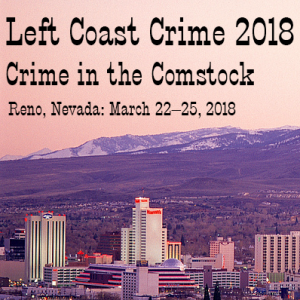Recently, Chicago has served as the backdrop for many movies and TV programs, but my memories stem from my childhood there, so my favorites all date from the 1980s. Those of you who recall that era will also recall a few of the most popular: The Untouchables, Ferris Bueller’s Day Off, everything else by John Hughes.
However, my favorites are none of those. Two linger in my memory even now: The Blues Brothers and Risky Business.
The first one is notable as much for who’s in it as what’s in it: Cab Calloway, Ray Charles, John Lee Hooker, Aretha Franklin and of course Aykroyd and Belushi. It was also the first Hollywood movie filmed in the city for many years, so when it released, every Chicagoan went to see their hometown portrayed. If you haven’t seen it recently, rent it for the music alone.
Still, the movie that most accurately captures my experience of the city is Risky Business. At the time of its release, many critics characterized it as a teen sex comedy. And the plot certainly supports that conclusion (high school kid turns his house into a brothel when he parents go away for the weekend). Today, female viewers would dismiss it as male fantasy (happy hookers) mixed with misogyny (happy hookers). All of which is true and fair criticism.
For me, though, it captured growing up on the North Shore during a time when I was oblivious to the existence of others less fortunate than myself.
To whit, the hero, Joel, is desperate to reach an Ivy League college to please his parents and fulfill his cultural destiny. He joins his high school’s young entrepreneurs club to pad his resume and has nightmares about blowing the SATs.
He’s also a bit callow, scared to make a move on the girl he likes, caught boasting about his non-existent sexual conquests, being chided by his parents for playing the stereo too loud. Meanwhile, his greatest acts of rebellion are playing air guitar in the living room and driving his dad’s Porsche.
Then he meets Lana, the worldly-wise call girl who teaches him what cutthroat capitalism really means.
Throughout his encounters with pimps and prostitutes, car crashes and grand theft, Joel is insulated from any real suffering by the wealth and privilege of his upbringing. Although he’s oblivious to it, he exploits it. Tom Cruise gets the balance of fear and arrogance just right, exhibiting an insecurity we’ve rarely seen from him since.
While my family didn’t have a sports car or a big house, I had plenty of inhibition and self-doubt. Yet I also lived in an insulated bubble that protected me from crime and addiction and failure. (At least, so I thought. More on that in a latter missive.) Joel was the one character I didn’t have to analyze in English class to understand.






